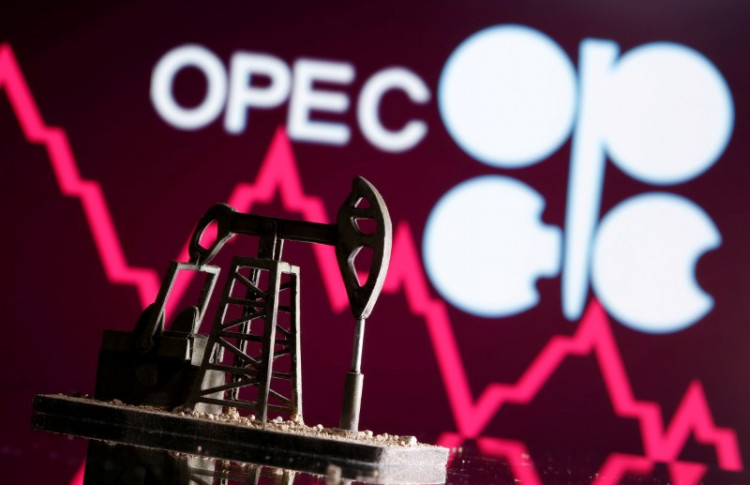The U.S. is "turning to China for help" to lower inflation by releasing some of its oil reserves, according to an editorial published by the state-owned Global Times on Wednesday. The move will benefit everyone, but China "has the upper hand."
After OPEC+ producers repeatedly disregarded calls for more oil, U.S. President Joe Biden's administration stated on Tuesday that it will release millions of barrels of oil from strategic reserves in collaboration with China, India, South Korea, Japan, and the U.K. to try to lower prices.
Biden, who is facing low approval ratings and rising inflation ahead of next year's congressional elections, has been frustrated at the Organization of Petroleum Exporting Countries and its Allies, or OPEC+, for failing to respond to his repeated requests for more oil.
China's state reserve bureau eventually said it is working on a crude oil reserve release, but declined to comment on the U.S. request.
According to the Global Times, inflation is a threat to Biden's Democratic Party in next year's midterm elections.
"As a result, the Biden administration will have to turn to China again," the publication said. "This is a direction that benefits everyone, but China clearly has the upper hand."
The People's Daily, China's ruling Communist Party's official newspaper, publishes the Global Times.
Crude oil prices have recently reached seven-year highs, and consumers are feeling the pinch as a result of the price hike. Retail gasoline prices have risen by more than 60% in the last year, the fastest pace of increase since 2000, owing to a return to the roadways as pandemic-induced restrictions have been lifted and demand has recovered.
The plan calls for the discharge of 50 million barrels, which is roughly two and a half days' worth of U.S. consumption. Meanwhile, India announced a 5 million-barrel release, while Britain announced a 1.5-million-barrel voluntary release from privately held reserves.
The price of oil rebounded on Tuesday after declining for many days as market speculation about the plans spread. Some experts blamed the market's recovery on a lack of concrete information from China, despite Reuters reporting last week that the government was working on such a release. Brent crude prices jumped 3.3% to $82.31 a barrel on Tuesday.
Officials said it was the first time the U.S. has coordinated such a move with some of the world's top Asian oil consumers.





